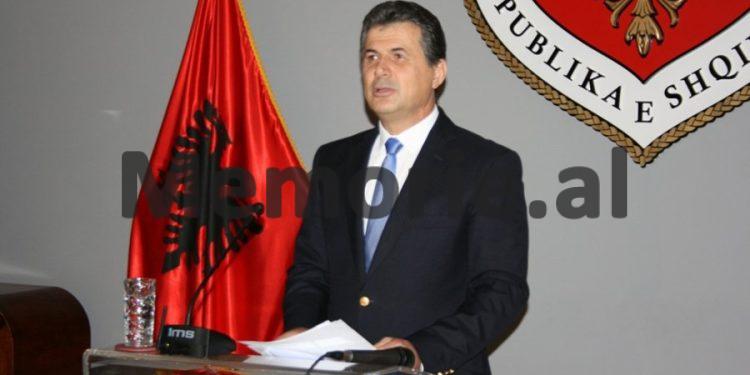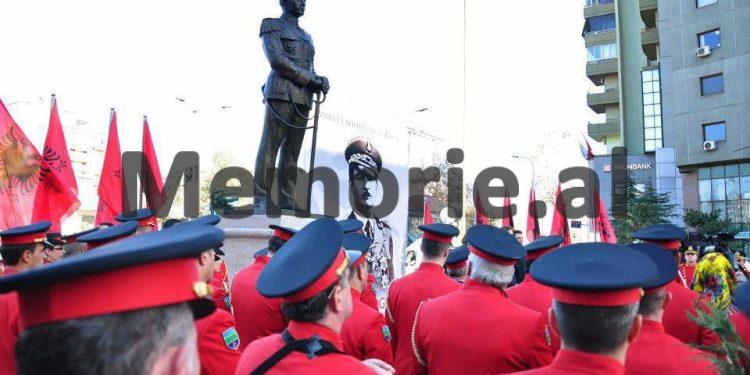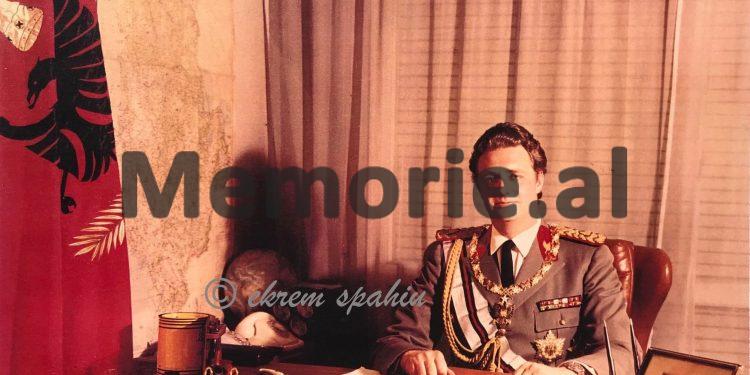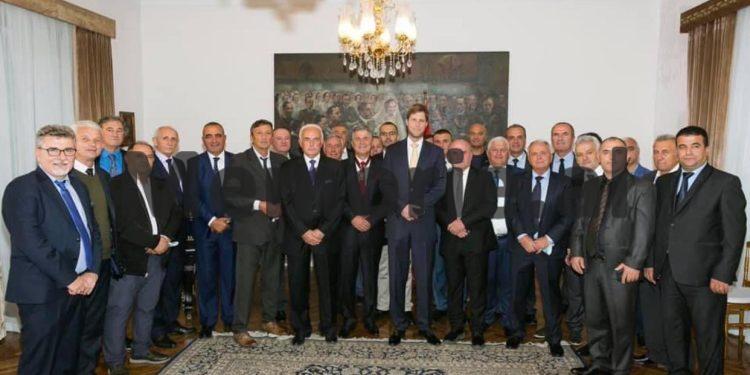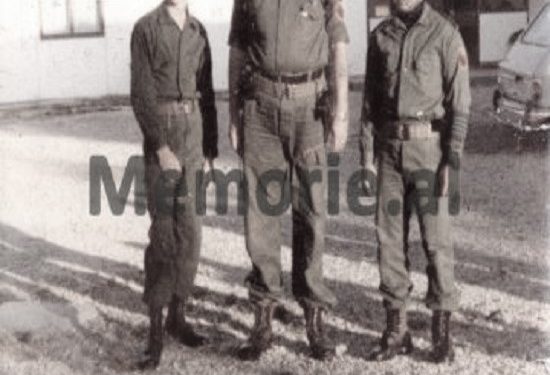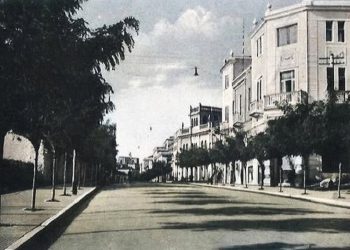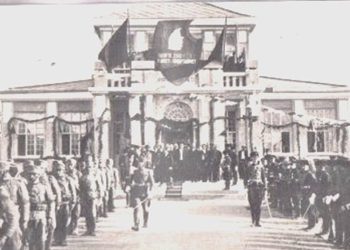Memorie.al Albania is in a political, economic and social situation, clearly very serious. Why? Because corruption has permeated the entire state structure. Organized crime has gripped the state and ordinary crime has become the daily worry. Poverty is extreme among most Albanians. These and many other reasons are emptying Albania.
On the other hand, the current opposition is going through a difficult situation within itself and to some extent has naturally avoided its political obligations in the face of this painful Albanian reality.
Under these conditions, the country needs an alternative, both political and values, to save itself from further degradation and decline. This alternative is the revival of royal values and the reorganization of the royal family.
King Zog I is the first long-term statesman who framed European Albania, even in the most critical period of the world, that between the two world wars. The creator and implementer of the best administration of the Albanian state of all time, as well as of a contemporary legislation, he paved the way for social emancipation and the development of the country’s potentials and oriented the development of Albania towards European models and democratic potentials.
It is a fact that the history of the Albanian state of that time is also the history of Ahmet Zog, because it is his work. Therefore, the honor for Ahmet Zog is a legitimate honor for the Albanian state. King Zog has been monumentalized in squares, boulevards, institutions, schools, roads, bridges, etc., as the statesman with the longest contribution to the history of the Albanian state since the declaration of independence, where Ahmet Zog was among its defenders.
These values become even more tangible and sensitive when Albanians compare what they saw after Ahmet Zog, from April 1939 and what they still see today.
For half a century, communist propaganda did everything, not only to deny these contributions, but also to undo and tarnish the figure of King Zog.
After the fall of the communist dictatorship, the royalists and the new “Legal Movement” Party raised these values to the pedestal they deserve in national history. One of the main priorities of the “Legal Movement” Party until 2012 was to remove that half-century of mud of the communist dictatorship from King Zog and today we are proud that, not only have we removed this mud, but we have illuminated and exalted his figure.
In the referendum of June 29, 1997 that King Leka I held with institutional dignity throughout the country, the royal alternative won about 54% at the national level, despite the deliberate frauds that were carried out by the electoral and political institutions of that time. With the achieved result, King Leka I is the most voted person nominally in the political history of Albania.
With the initiative of the parliamentary group of the “Legal Movement” Party and the support of 76 deputies of the Albanian Parliament, on June 28, 2002, the Royal Family, after 63 years in forced emigration, returned forever to the Homeland. The arrival of King Leka in Rinas will be noted in the history books as the most enthusiastic reception ever given to a personality of the Albanian people.
King Leka passed away on November 30, 2011. The Albanian State organized an official funeral ceremony, declaring a day of national mourning and lowering the flag to half-mast in all institutions. This ceremony, organized in the hall of the Albanian Parliament, welcomed for homage all the highest state leaders from Albania and Kosovo, the heads of all religious faiths, the leaders of the entire Albanian political spectrum and tens of thousands of citizens, who came from all Albanian regions to bid farewell to their King.
The potential of the royals is evident: nearly half of the population believes in the alternative and royal values. The royals feel proud, because this belief in the values of the institutions of the Kingdom as the best governance of all time, as well as in royal values as citizens, is existent, real, and not imaginary.
Unfortunately, for several years, the royals have lost their political voice, have been silenced and consequently do not feel politically represented. Naturally, the royals feel proud of their past, but they feel disappointed in their present. Their national, political and public voice for the royal cause and the difficult current situation in which the Albanian society and state find themselves has been extinguished.
With the monument to King Zog, located precisely on the Boulevard that bears his name, he has been monumentalized in the history of the Albanian state. Of course, this is a matter of pride, but from here stems a great obligation for all Albanian royals to convey this governing philosophy, so desirable for Albanians. But the royal governing philosophy, proven by time as the most effective philosophy for national interests and social well-being, fades if there is no national, political and public voice, if there is no institutional representation at the highest levels of power in Albania.
Royal contributions and values are national wealth. Royals are not allowed not to keep these contributions and values alive.
The golden age of civic, physical and economic security, which the Albanian people enjoyed during the time of the Kingdom, should not remain simply a matter of nostalgia. It is, first and foremost, a point of reference for the future.
Royals are not allowed to be indifferent to the difficult political, economic and social reality of Albania.
Therefore, the reorganization of the royal family is a necessity to contribute to changing this reality in Albania. Reacting to this reality, with awareness, organization and political action, is a historical necessity. Memorie.al




